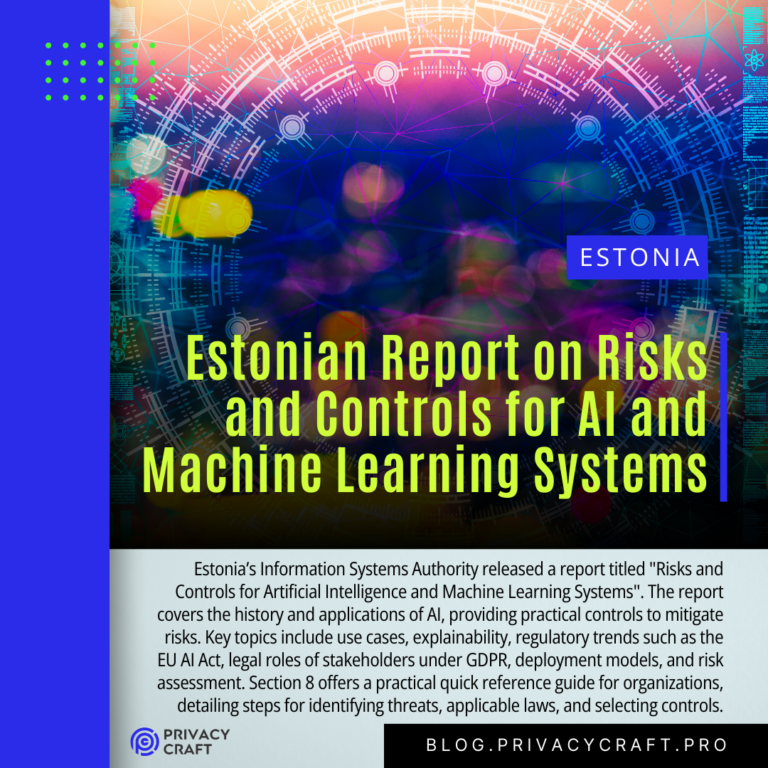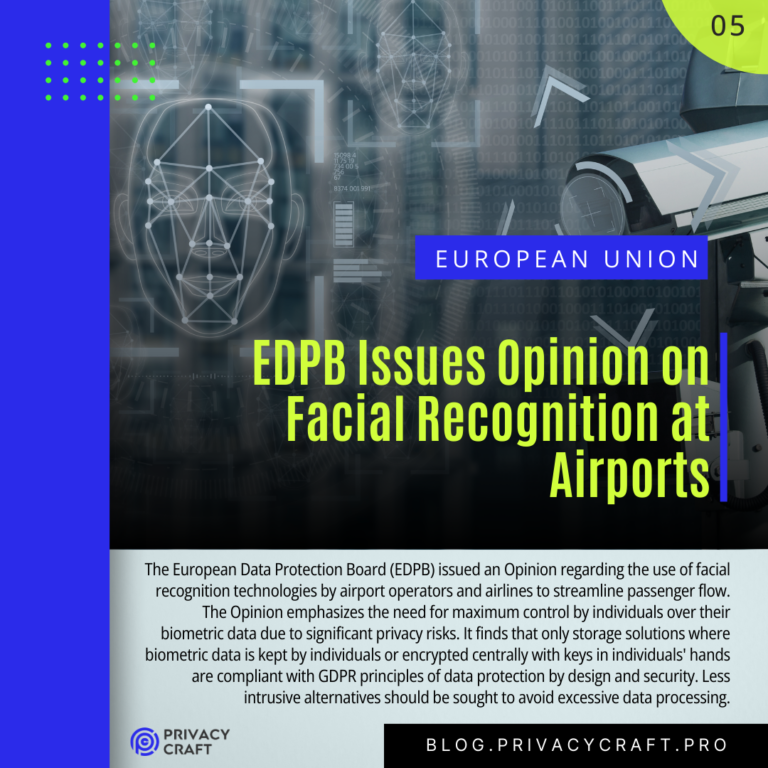Addressing AI Risks in the Workplace: Workers and Algorithms
On 3 June 2024, the European Parliamentary Research Service issued a briefing on the impact of algorithms and AI in the workplace. AI’s potential to transform work raises ethical concerns and challenges existing labour laws. The briefing highlights the tension between strict regulation and minimal oversight, exploring how AI improves productivity but poses risks like job loss and worker surveillance. It also discusses the EU’s legislative approach and the role of collective bargaining in managing these technologies. Despite some regulatory efforts, significant questions about AI’s workplace impact remain.
Addressing AI Risks in the Workplace: Workers and Algorithms Read More »




